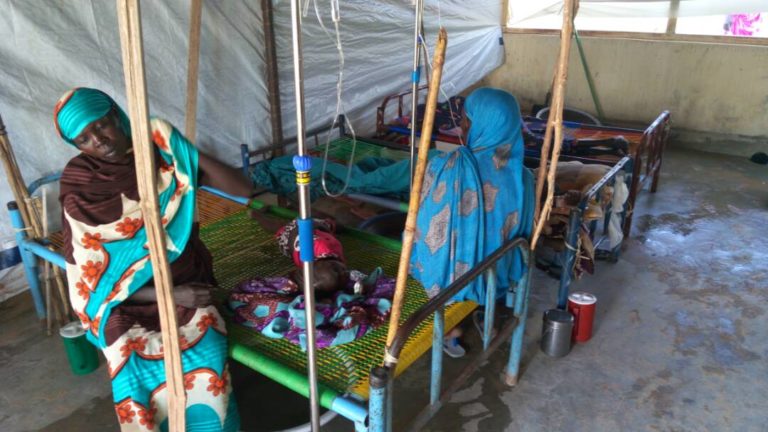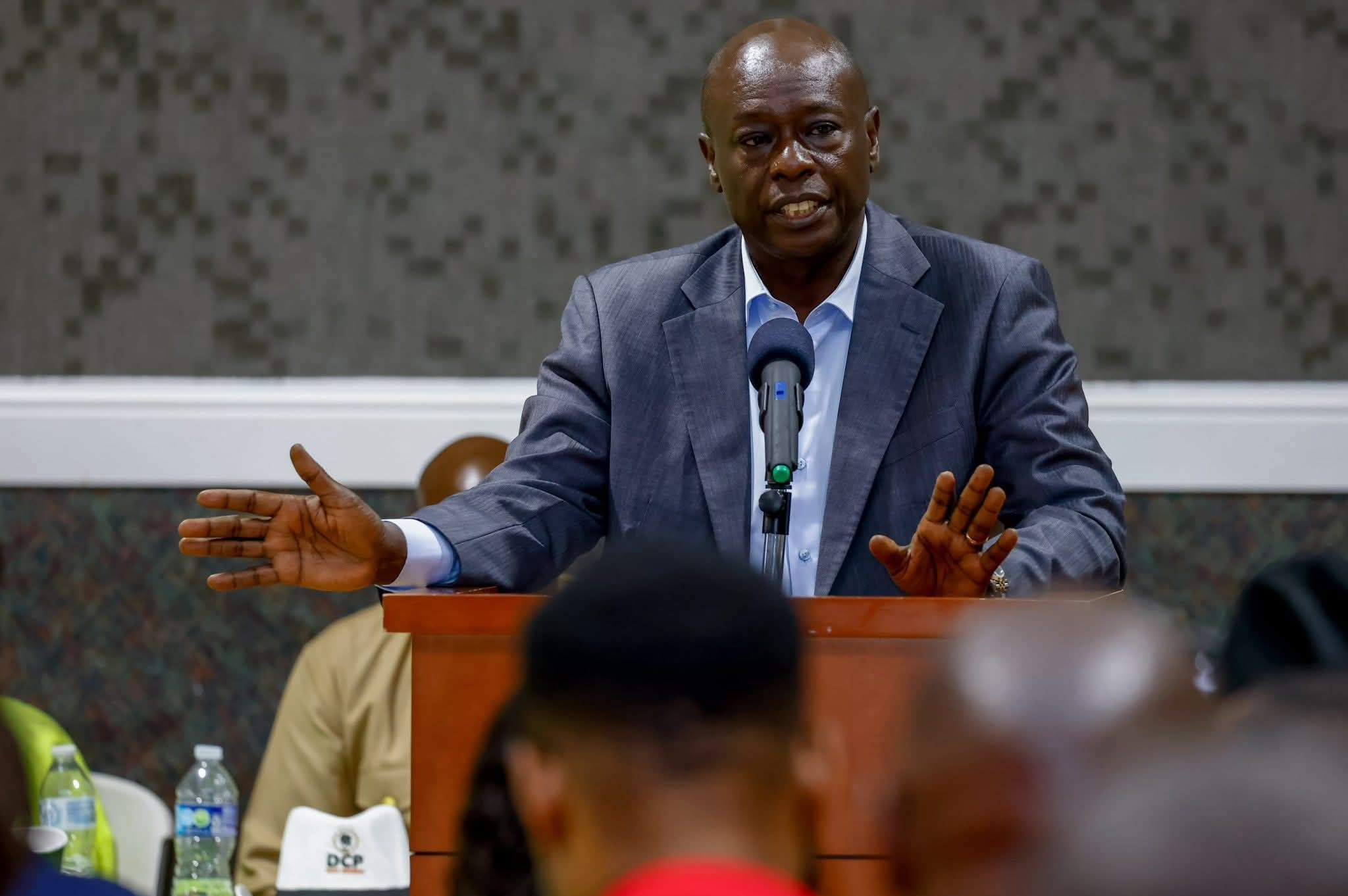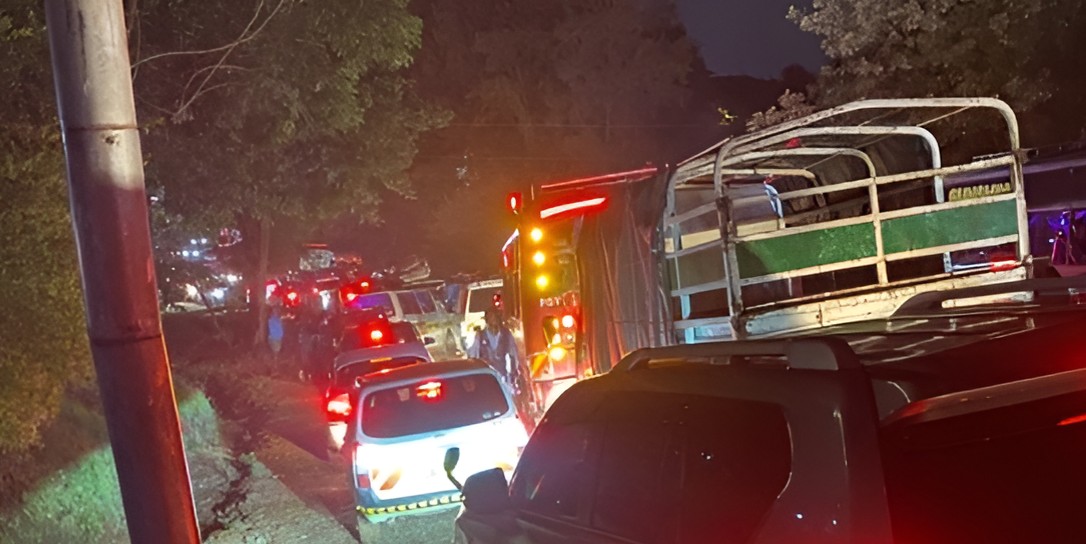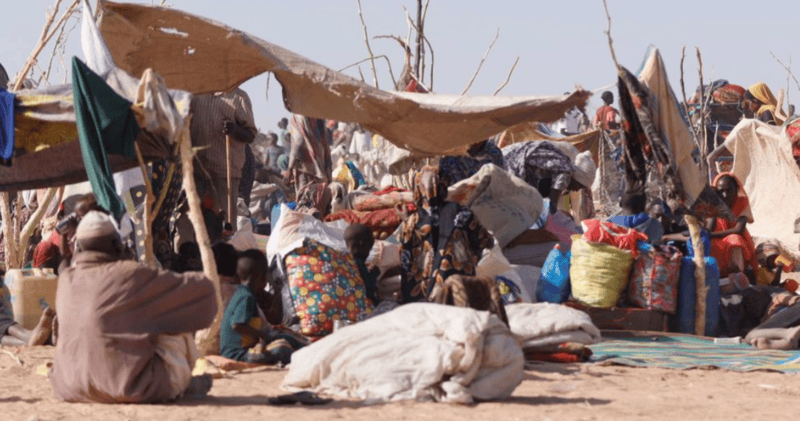Substance abuse in Coast region exceed national average - CS Murkomen
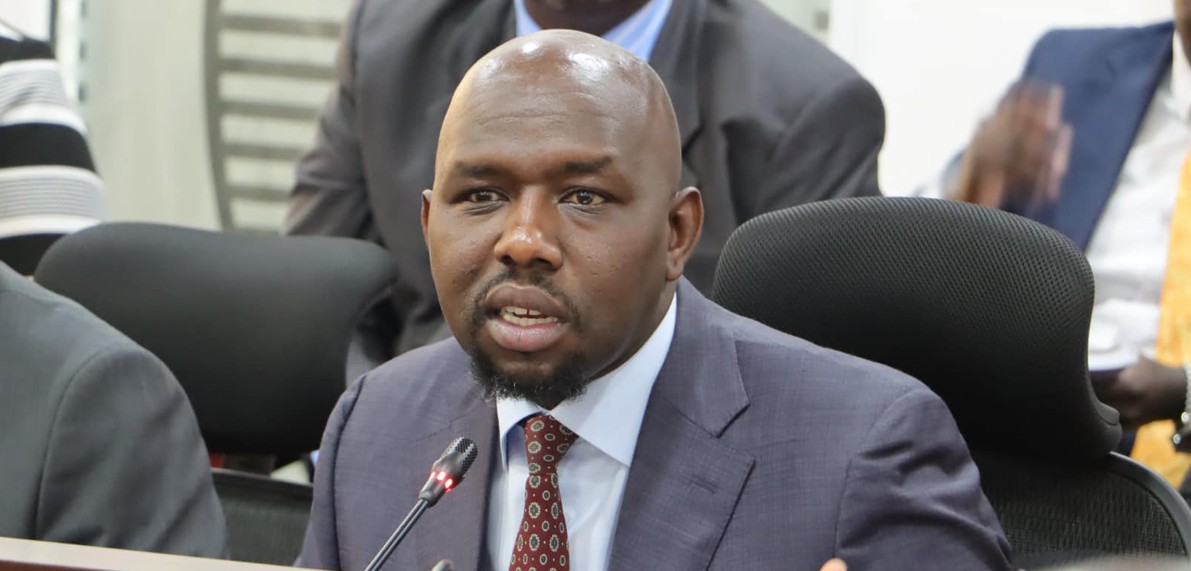
Sensitisation forums on the impact of alcohol and drug abuse (ADA) will be initiated at workplaces and in the informal sector, targeting boda boda riders, juakali artisans and matatu crews, among others.
Substance abuse in Kenya’s Coast region, especially in the counties of Mombasa, Kwale, Kilifi and Lamu, exceeds the national average, Interior Cabinet Secretary Kipchumba Murkomen has revealed.
More To Read
- Waking up to addiction: Life’s daily struggle in informal settlements
- Frequent cannabis busts reveal depth of Kenya’s ongoing war on drugs
- Evangelical churches back new state policy to fight alcohol and substance abuse
- Liver cancer deaths set to double by 2050 as alcohol drives Kenya’s crisis
- NACADA says no alcohol bans effected, clarifies new policy only offers recommendations
- We’ll seize property linked to alcohol and drug crimes, declares CS Murkomen
According to Murkomen, the region is facing significant challenges with hard drugs such as heroin and bhang - a problem compounded by alcohol addiction affecting youth aged between 15 and 35 years. The National Campaign Against Drug Abuse (NACADA) attributes the high rates of substance use in the region to its proximity to international drug trafficking routes.
To curb this, Murkomen said the government has implemented different strategies through demand and supply reduction.
Demand reduction initiatives at the school level include integrating alcohol and drug use prevention into the CBC curriculum, developing national guidelines for the prevention and management of substance abuse in basic learning institutions, training school heads in addiction identification skills and incorporating life skills education on alcohol and drug use prevention for Grade 5 pupils.
"These guidelines target the students, teachers, parents, and entire school environment. It highlights how to implement prevention strategies in schools, identify students who use drugs or sell, and manage such incidents," he said.
Sensitisation forums on the impact of alcohol and drug abuse (ADA) will also be initiated at workplaces and in the informal sector, targeting boda boda riders, juakali artisans and matatu crews, among others.
At the family level, a parent’s guide featuring age-specific booklets to raise awareness about ADA among children has been developed. Meanwhile, at the community level, a rehabilitation framework for substance use disorders has been established to support the implementation of prevention and treatment programmes.
Under supply reduction initiatives, the government, working with relevant agencies, has conducted nationwide multi-agency crackdowns on illicit brews, non-compliant alcohol outlets, and illegal drugs through the Rapid Results Initiative (RRI).
The CS said it has also carried out region-specific operations targeting illicit alcohol and drugs, alongside regular raids on shisha-selling establishments in Nairobi and other major towns, and inspected alcoholic drinks manufacturers to ascertain compliance through the National Alcoholic Drinks Control Committee.
Murkomen, however, noted that the country lacks adequate facilities and infrastructure to respond to mental health challenges and drug dependency cases effectively.
"95 per cent of the rehabilitation facilities in the country are private, making them expensive. NACADA is lobbying for SHA accreditation of the rehab facilities. The government operationalised the Miritini Treatment and Rehabilitation Centre (MTRC) in Mombasa, which is to be a centre of excellence on matters of rehabilitation," said Murkomen.
Regarding measures put in place to secure alternative funding for drug and substance abuse intervention programmes, Mukomen said the compliance with volume-based licensing has been very low since the majority of applicants declare below 500,000 litres.
"This has prompted NACADA to engage KENTRADE to support with the onboarding of import and export licensing of alcoholic drinks onto the trade facilitation programme/single-window system," he said.
In the meantime, the government has partnered with 12 counties: Kisumu, Kisii, Elgeyo Marakwet, Taita Taveta, Kwale, Mombasa, Bomet, Nakuru, Uasin Gishu, Kakamega, Lamu and Nyeri to set up rehabilitation centres.
NACADA is also undertaking inspections in at least 300 rehabilitation facilities around the country, accrediting those that adhere to the National Standards of Rehabilitation for persons with a substance use disorder.
The government is, at the same time, encouraging county governments to develop County-specific liquor laws that provide for the ringfencing of funds collected from the licensing of bars and other alcoholic beverages to support ADA programmes, including the construction of rehabilitation centres.
Top Stories Today

